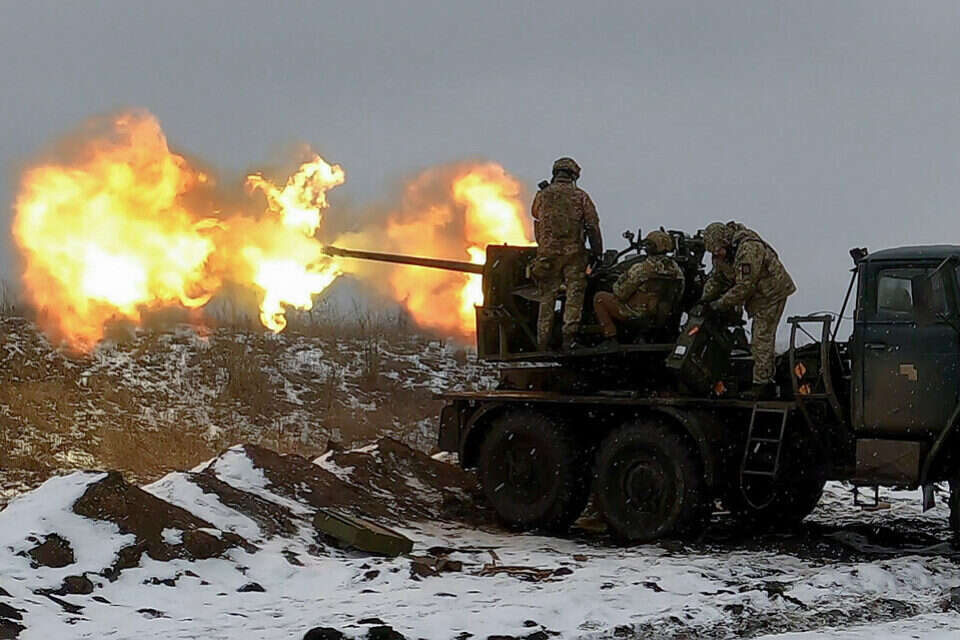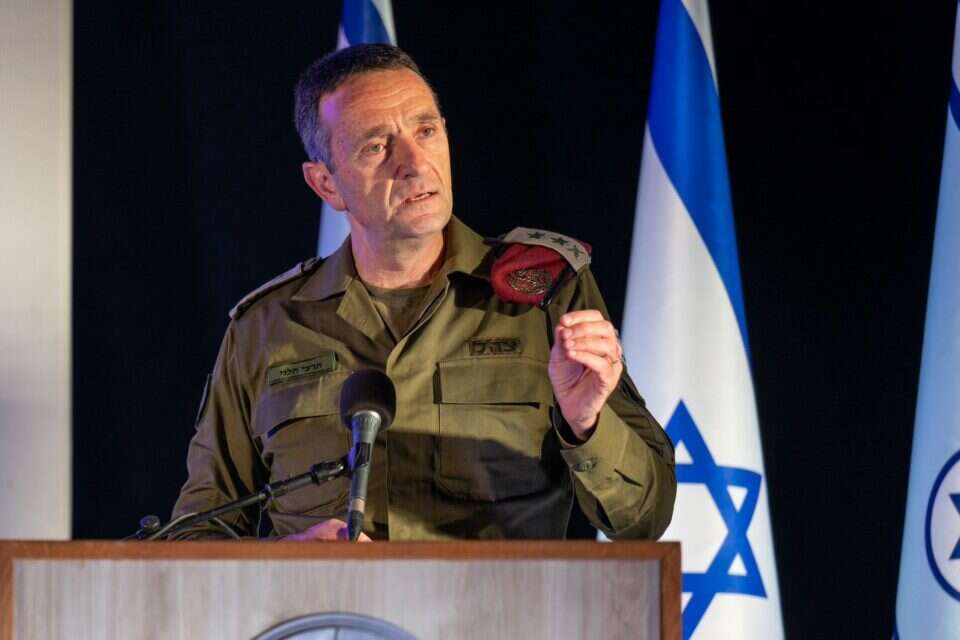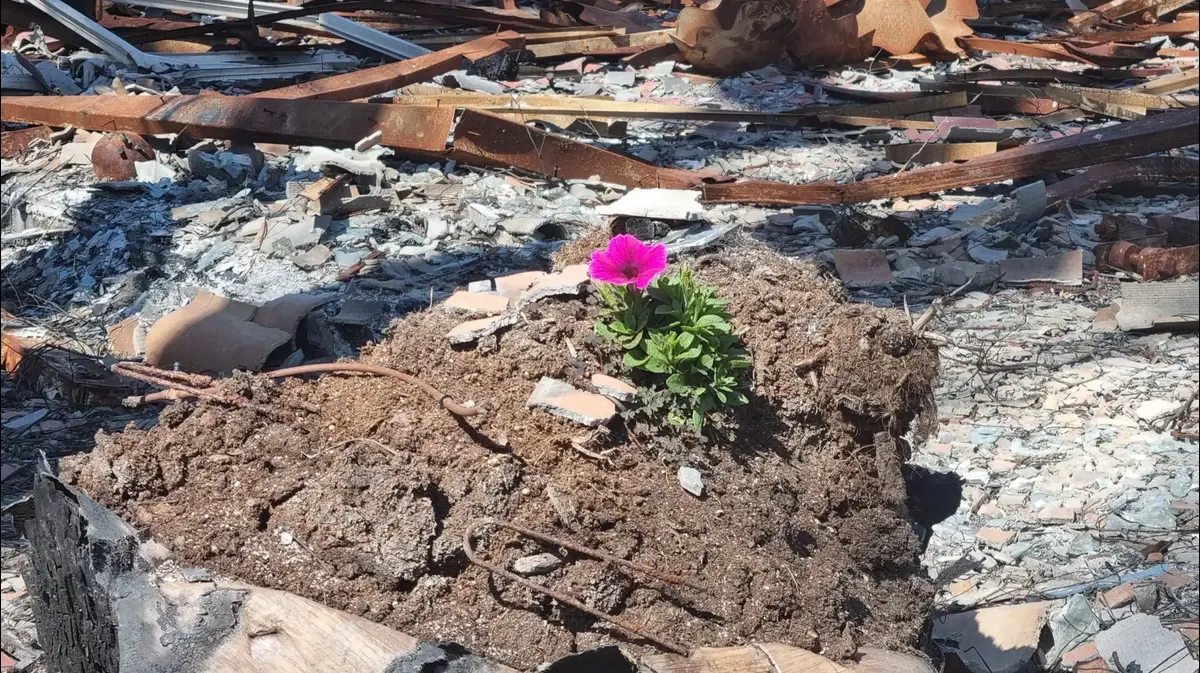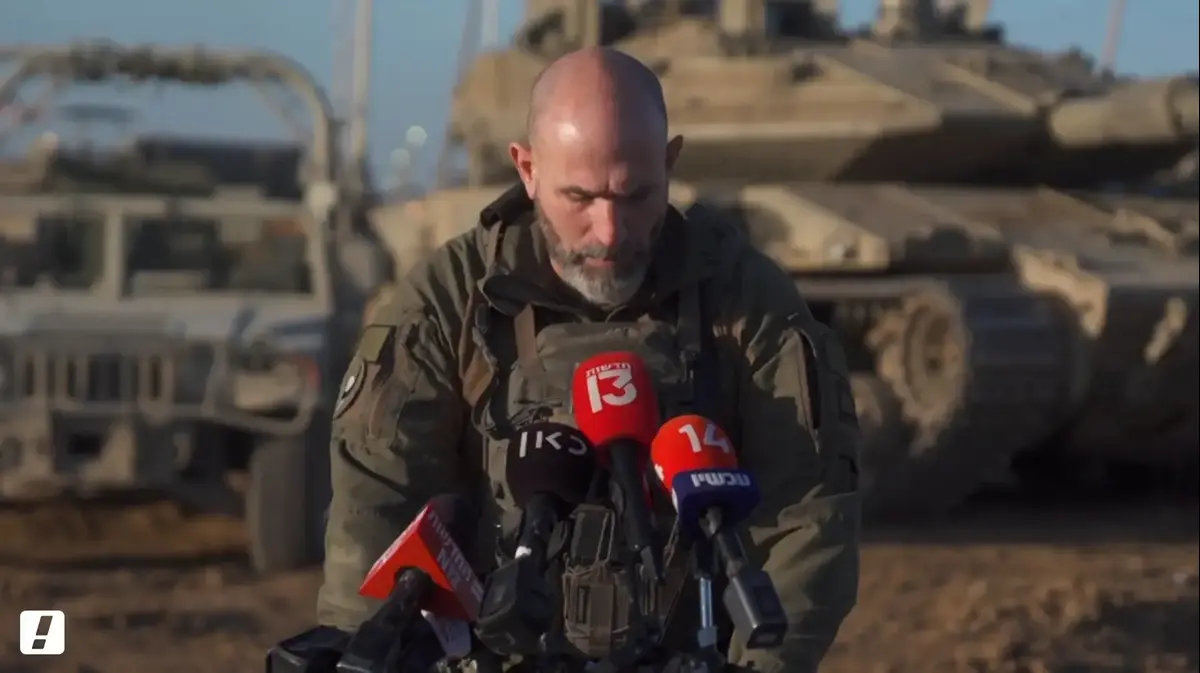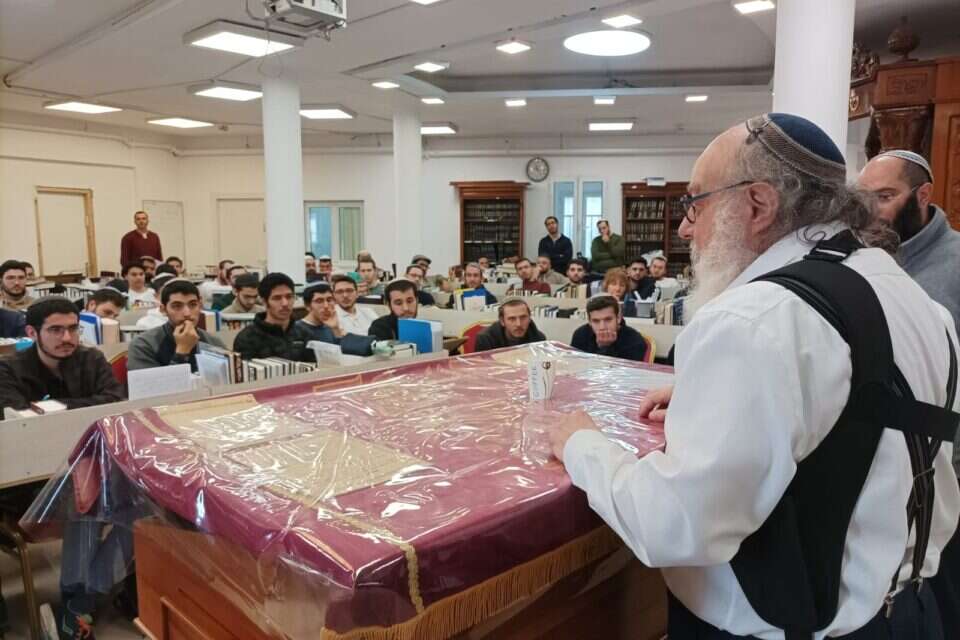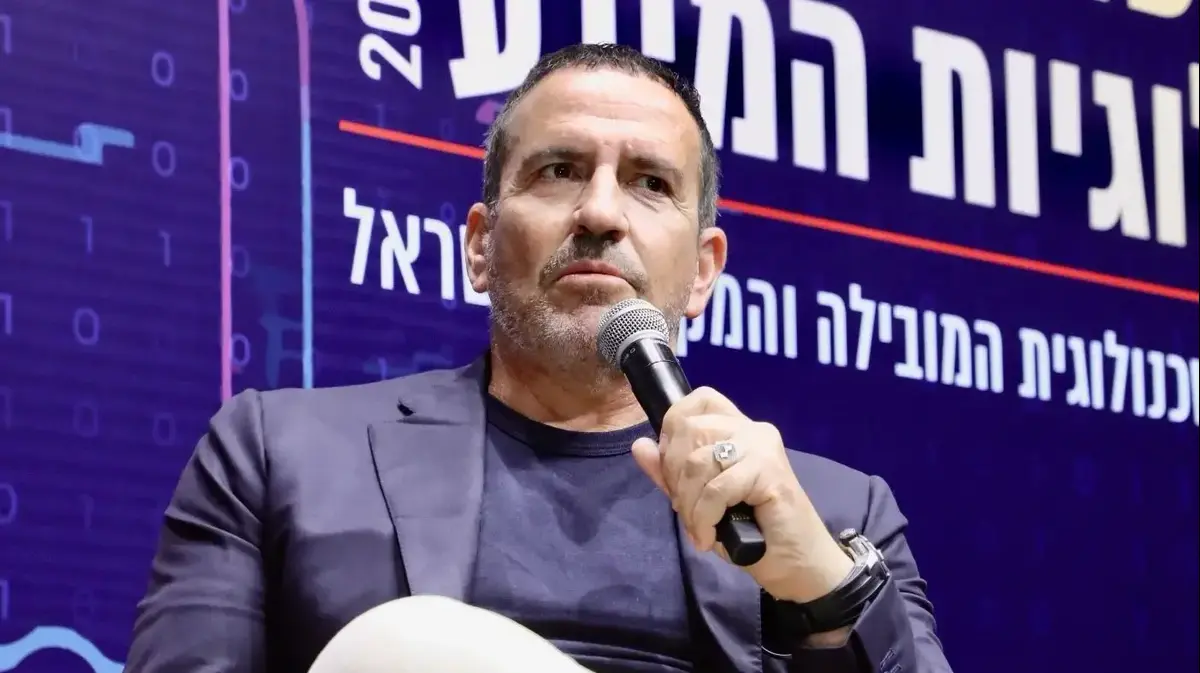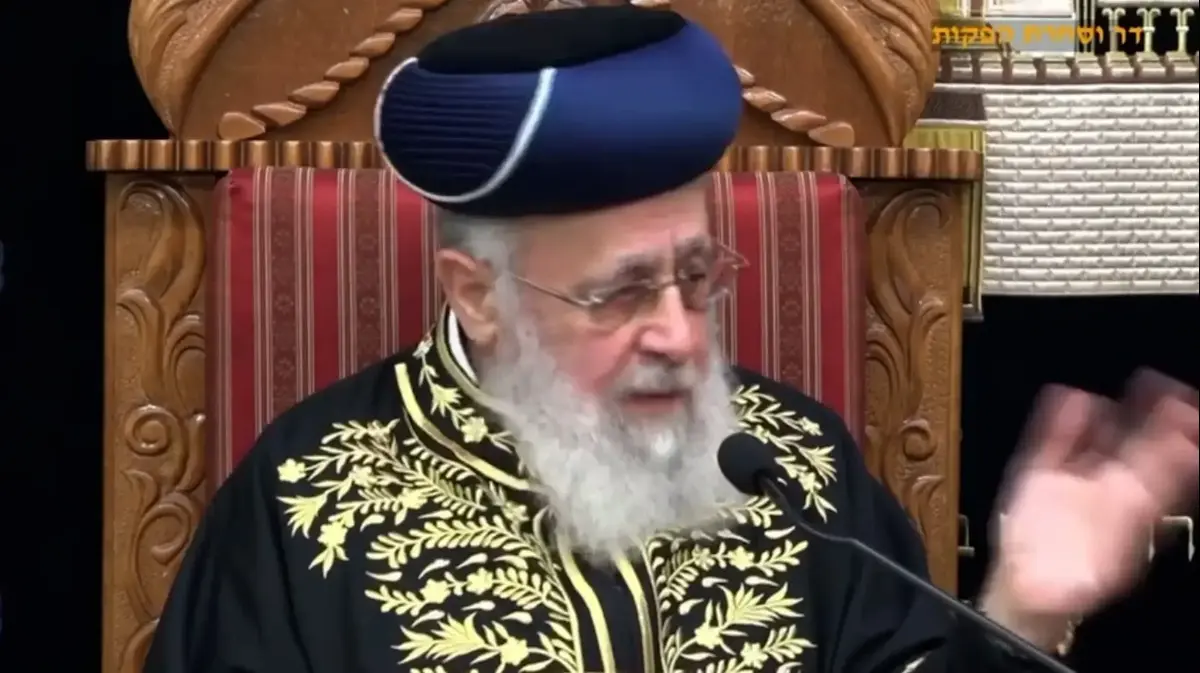When President Putin decided to start a war in Ukraine a year ago, he must have known that this was an event that could get out of control for him as well. He expected to end the war in one short campaign - a "special operation" as he called it - and aimed to take control of Kiev in a quick move with airborne forces and join them with a rapid land movement of special forces.
The success of the Ukrainians in thwarting the Russian attack in the first week must be attributed to accurate intelligence provided by the American intelligence forces, and to the popular fighting spirit.
The defense of Kyiv and the fighting to thwart the landing of the paratroopers at the Antonov Airport were mainly carried out by the Territorial Defense Forces, which were mostly conscripted civilians.
This defensive battle shows the critical significance of intelligence superiority in quality and depth in the fields of cyber and satellite collection, which only the superpowers have, and which was granted to Ukraine throughout the war by the US and the UK.
From the moment the Russian high command realized that the first campaign was a failure, it moved to the second campaign, which was directed towards a new strategic purpose.
Instead of focusing on Kiev and the change of government, they moved to conquer a continuous area in the south-east of Ukraine, from the Donbas region to the shore of the Black Sea at the mouth of the Dnieper, accompanied by a brutal attrition effort in an attack by fire to all the depths of the cities of Ukraine.
The logic of this campaign allows it to be long, and less dependent on a quick finish.
However, over time it claimed a large reserve of forces and resources, and also exposed the limitations of the Russian army.
The IDF surely has many times more limited resources in the order of the forces and in the military.
With the increased aid to Ukraine, the ammunition warehouses in the USA were also emptied. In this situation, Israel must return to accelerated self-production of ammunition such as tank shells and artillery, which in recent years were mainly purchased in the USA.
The return of the national spirit
The biggest surprise is the willingness of the Ukrainians to fight for their national independence with supreme sacrifice.
On the one hand, we see a large army, some of which possess very advanced capabilities, and have even formulated an interesting operating concept with clear superiority in several dimensions, but also lacking motivation.
In front of him stands a determined people who understand well their military limitations, but also the shortcomings of their opponent, and here lies an important lesson for the IDF and Israeli society.
The mobilization of the Ukrainian citizens had a considerable contribution to the achievements of the defense, and such was the mobilization of the Israeli society in 2008. However, this approach has been abandoned in recent decades. The lessons of Ukraine oblige Israel immediately to establish a national guard and renew the spatial defense in the Sefer.
In recent decades, the Israeli army has been intensively engaged in the proper promotion of centers of superiority, but neglected the attention and resources to preserve the quantitative mass.
The war in Ukraine raises questions about the right dosage in the issue
War is not a special operation - as the Russians found out first hand, as the Israelis found out in 2006, as the Americans found out time and time again.
Special operations are particularly successful when they encounter loose systems, but not when they are faced with a determined mass, in a complex area and over an increasingly long period of time.
The quantitative mass of the Ukrainian fighters, with different levels of skill, allows them to dismantle part of the Russian superiority that suffers along the front from quantitative landings.
In recent decades, the IDF has been intensively engaged in the proper promotion of centers of superiority, but in a way that caused it to neglect the attention and resources to preserve its quantitative mass. The war in Ukraine raises questions about the correct dose of the IDF in this issue.
In quite a few discussions about the difficulty of maneuvering on land, it is described as a unique problem of the West: as if it stems from an unwillingness to suffer losses, along with the duty of caution against harming the innocent.
But in this war it is discovered that even with a lower sensitivity to human life on both sides, maneuvering becomes very difficult.
The world is simply becoming more crowded, and armies have no ability to decide a war just by fighting in the open space outside the cities.
Since the end of the 20th century, much has been said about the difficulties of maneuvering, in light of the technological development on the battlefield - from anti-tank missiles, through missiles that attack over the horizon to unmanned aircraft with attack weapons.
Still, without a mass of armored vehicles for maneuvering momentum the front turns into a static trench warfare, which has been fixed and frozen since the fall from Donbass to Kherson.
Any side that seeks to change the front line will be required to swing an armored attack led by tanks.
Another significant threat that Israel will have to deal with in a war situation, as manifested in Ukraine, is precision guided weaponry that has become a weapon for the masses.
Swarms of advanced and cheap Iranian-made attack drones have paralyzed the Ukrainian electricity infrastructure, and teach about the potential for the expected destruction of vital national infrastructures in the war.
The end of the era of peace
The "free world" was united in its support for Ukraine and its strong disapproval of President Putin.
The return of the war to the consciousness of the West - as a real war, and not combat operations in distant places, or tiny wars in the backyard of Europe - undermined the hope for a final and permanent peace in the gospel of the last days, and returned it to the ground of real reality.
After being tempted for decades by a comprehensive reduction in their armies, the European countries were amazed to see how completely they lacked any capacity for self-defense.
In a shock reaction, especially in Germany and Poland, they resorted to a rapid effort to rebuild the military force.
The copycat budgets that were diverted to the accelerated procurement of weapons will undoubtedly harm the budgets that were allocated in the past decades for the needs of society and welfare.
In this formation it is appropriate for Israel to recalculate its path, after the Oslo Accords and the global atmosphere of peace once again raised the question "How long will we live on our sword?".
Western European countries are returning to their ancient duty to hold the sword.
Even if the war ends within the next few months, Europe will not soon return to its former peace.
When the winds of war from Ukraine penetrate into the Middle East as well, and are also expressed in moods and an increase in terrorism in the Palestinian arena, it behooves the State of Israel to examine in depth the validity of the basic assumptions on which the trends of settlements and peace agreements were founded in the 1990s.
It is certainly recommended to re-examine the scope of military force and the means required for Israel to protect its existence and security.
The vast expanses of Ukraine once again teach the basic lesson about the importance of territorial depth.
"Military experts" in the State of Israel, who in recent years have tended to underestimate the value of space as a necessary condition for defensible borders, are advised to reexamine their position.
The very fact that the war in Ukraine continues without an end in sight - in the absence of levers of influence to end it - has significance for the Israeli assessment of the situation.
A comprehensive, multi-arena and powerful ongoing war with no end in sight is an extremely serious threat to the State of Israel.
It is appropriate for the IDF to use the Eastern European "presentation of the war" to imagine us in a similar event. To study and prepare more correctly for a difficult war that has not yet been recognized here.
were we wrong
We will fix it!
If you found an error in the article, we would appreciate it if you shared it with us

